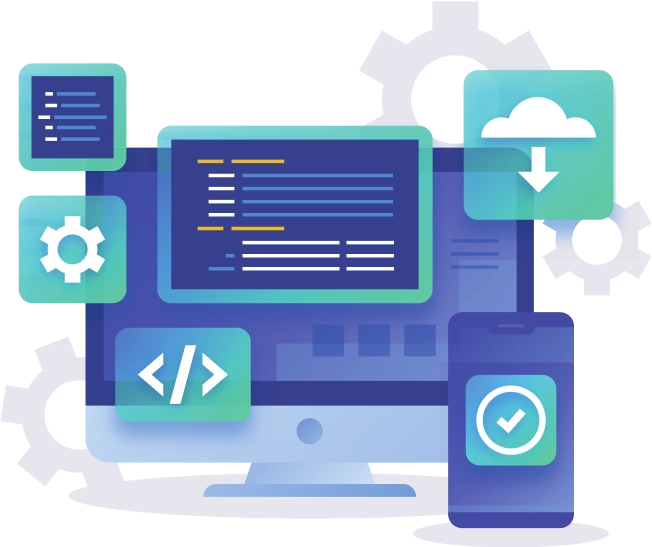We use cookies to enhance your experience. By continuing to use our site, you consent to the use of cookies.

C# is an object-oriented programming language that was released in 2000 by Microsoft. Even after these many years, C# still is one of the most used technology for creating a vast number of applications.
C# applications use the .NET framework including the .Net runtime, pre-defined libraries and more. The programming language is created for Common Language Infrastructure (CLI). This interface includes executable code along with the runtime environment.
Read MoreIf you have any queries about the technology or how it can become a great aid for your application development needs, contact DIBS Technologies right away!
With easy syntax and less complexity, C# is the most common language among programmers. And, it does have many more perks other than its simple format.
Using the OOPs principles, C# makes it simple to manage objects without needing to worry about their inner attributes. Not just that, by defining data as objects, the programming language breaks the application further into smaller parts.
This makes the creation of applications faster as well as easier to manage and combine the modules together.
Language interoperability makes C# programming even more convenient. This feature provides C# with the capability to interact with applications written in various different compatible languages. For instance, C++, F#, etc.
Hence, developers can work with different languages in one assembly.
C#, being a compiled language, saved the code on a public-facing server in binary format. Therefore, even when hackers get access to your server, they do not get direct access to the source code.
Unlike PHP and other languages which hands over the database passwords to the hacker through the source code, C# cannot be accessed that easily. One must decompile the software before being able to find out any related critical component.
This makes C# a secure coding language.
Apart from all the great things that C# can accomplish, the programming language does share some limitations too.
While it won’t feel that difficult to learn C#, an added need to understand the .Net libraries make the overall process a little more complex. Not to forget, .Net libraries keep on updating too often.
Plus, you do require to use multiple runtimes for creating cross-platform applications. This is because neither C# nor .Net have native support for Mac or Linux.
It is not possible to carry out low-level programming. For instance, if you wish to write code for drivers to interact with hardware directly, you might have to look for other options.
Developers need to compile the code every time a change is made. This includes even the smallest of changes in the code. To be precise, after every edit in the source code, developers must recompile the entire application as well as deploy it on the server. Not only it is time-consuming but can introduce more bugs following the changes aren’t tested properly.
Discuss the scope of work with clients and offer suggestions to finalize the complete project requirements.
Consider the finalized requirement to analyze project cost, keeping the client’s budget in mind.
Assign our experienced team to complete the development of the project before the set deadline.
Optimize the code through reviews to ensure the application follows the defined architecture and best practices.
Carry the rigorous testing of the built program to validate and verify the application’s functionality, performance, and security.
Complete the sign off formalities with clients after confirming the aptness of the developed solution.
Take care of the application’s deployment at the client’s site to offer hassle-free software delivery.
Stay in the loop with the clients after the application goes live to offer support, whenever needed.